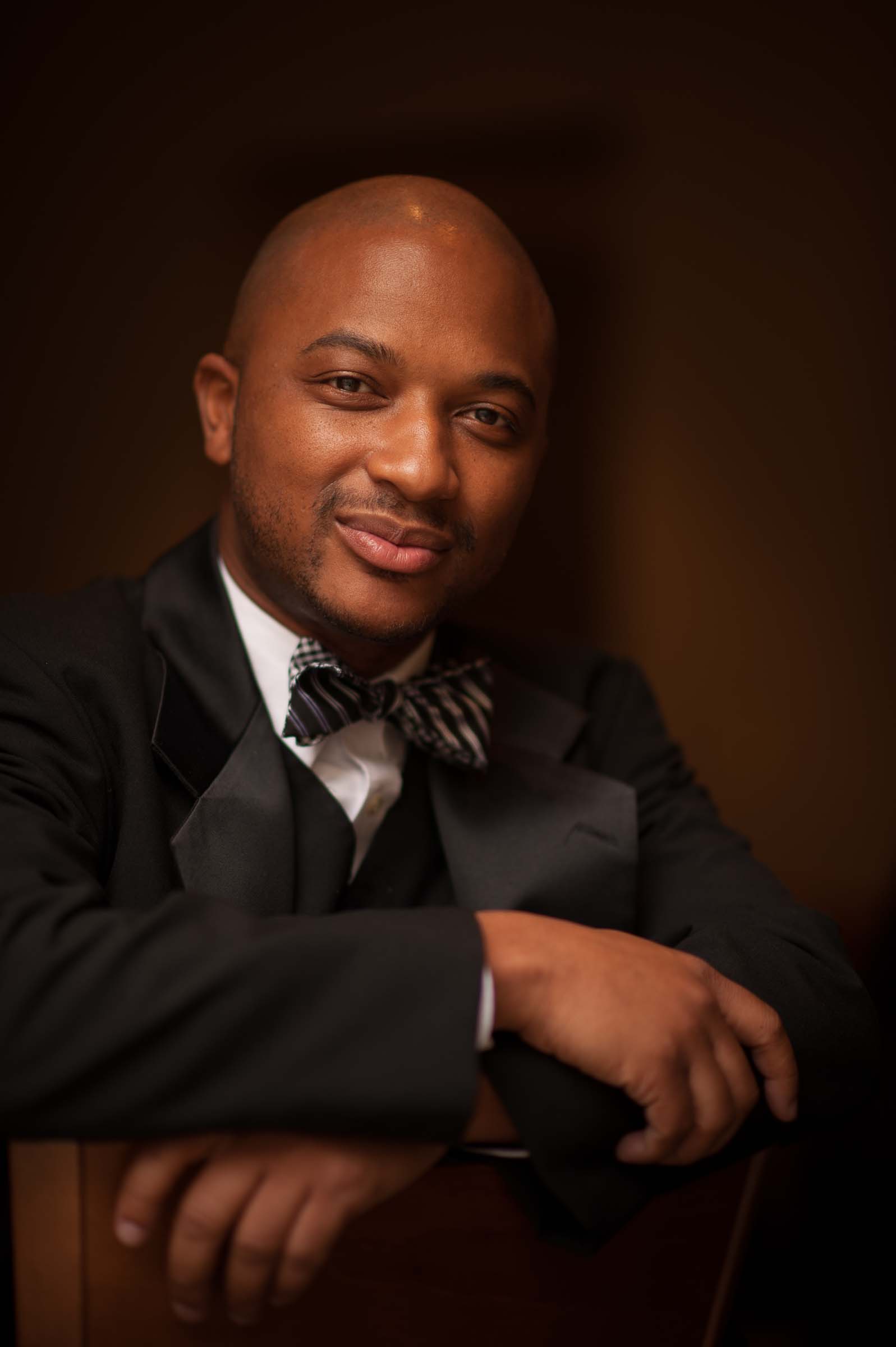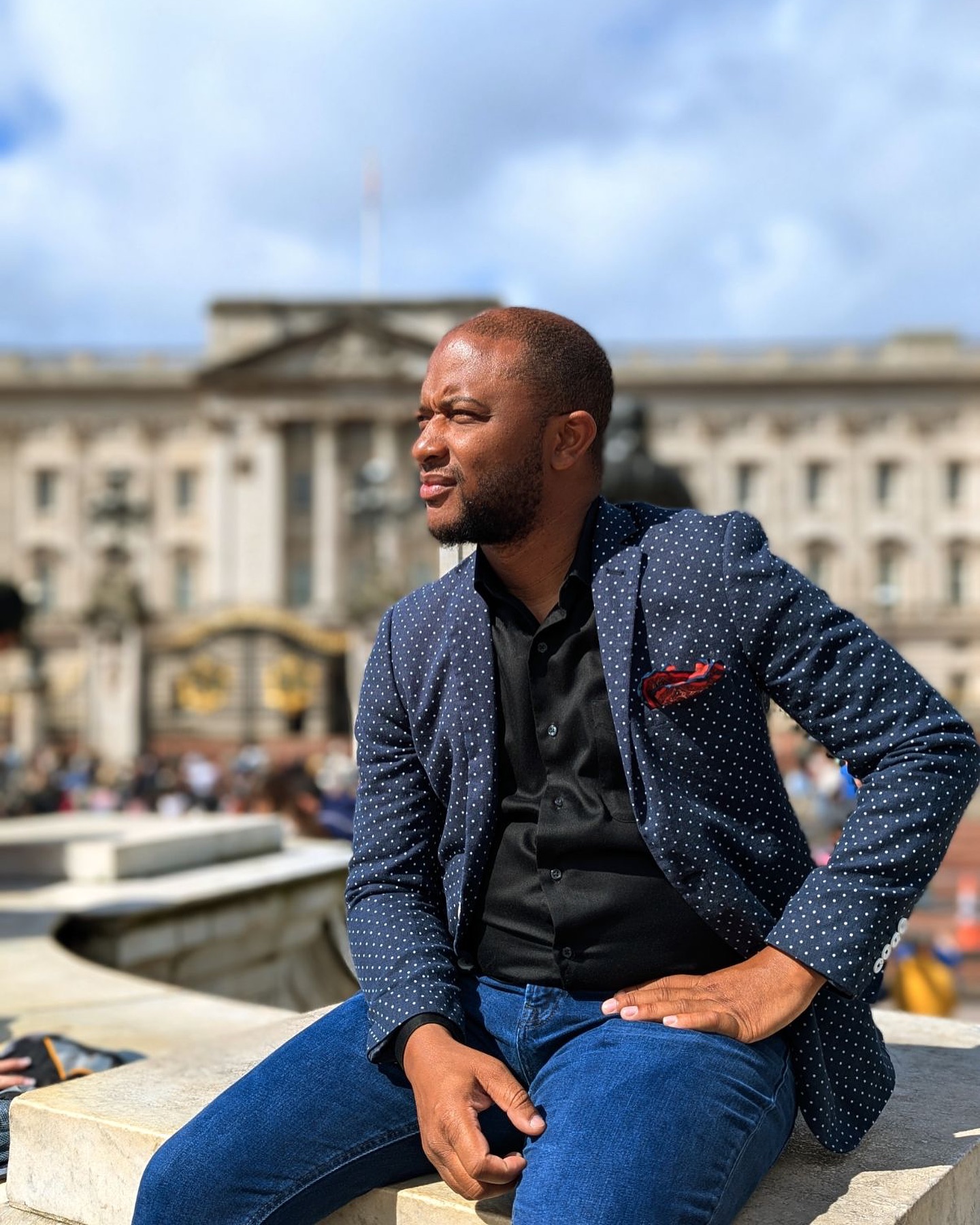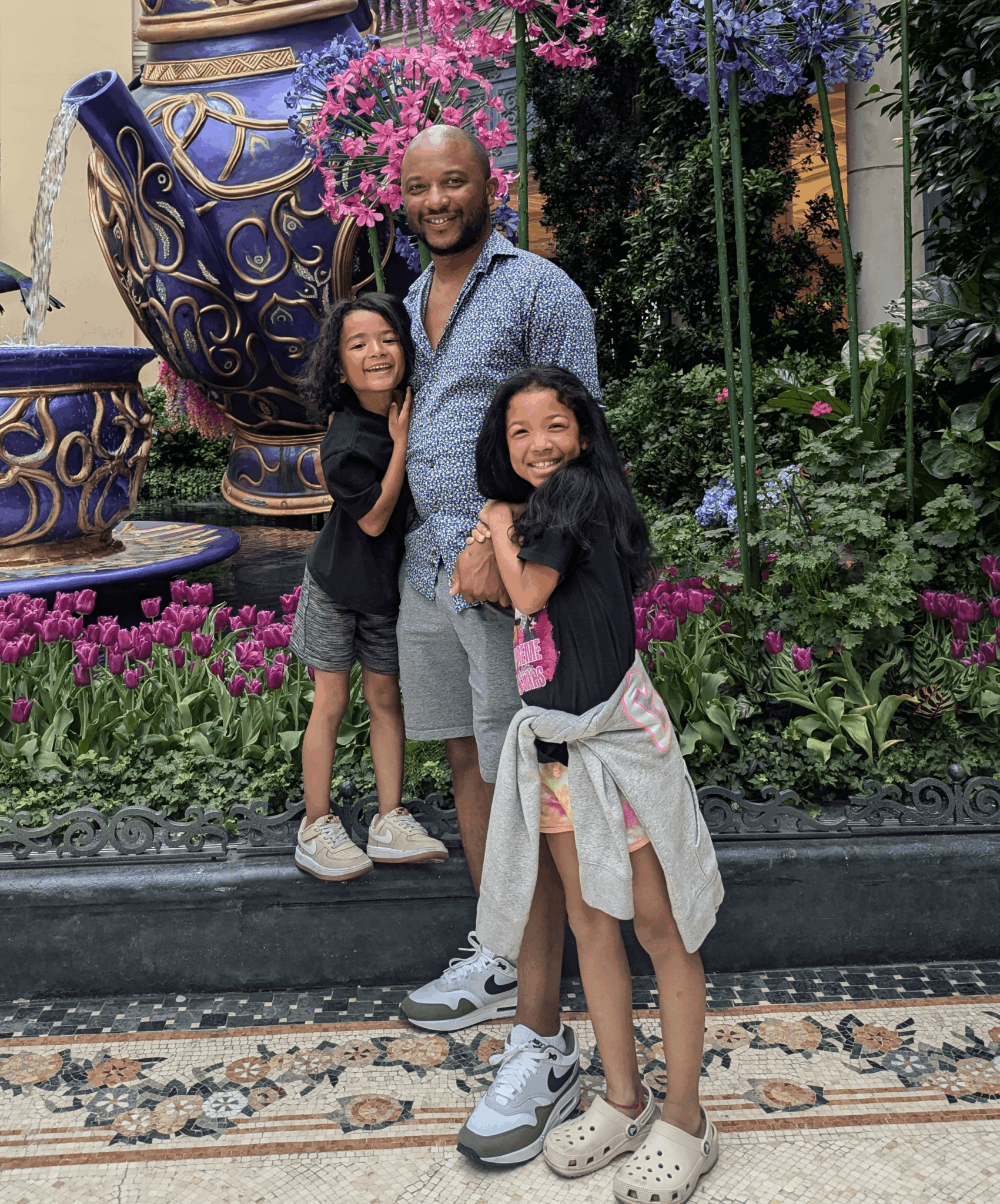We were lucky to catch up with Andre Dowell recently and have shared our conversation below.
Andre, thanks for joining us, excited to have you contributing your stories and insights. When did you first know you wanted to pursue a creative/artistic path professionally?
The first time I knew I wanted to pursue a creative path professionally was during my childhood in Tennessee. Music was the heartbeat of my community, especially within the Southern Black Baptist Church. The way music moved people, the way it could convey emotion and tell stories, captivated me from an early age. However, it wasn’t until I was at the University of Michigan, pursuing a dual degree in Percussion Performance and Computer Engineering, that I saw music as more than just a personal passion—it became clear that it was my calling.
During a particularly transformative performance, I realized that music could be a powerful tool for connection and change. While engineering grounded me with logic and data, music gave me the freedom to inspire and move others. The specific moment I’m referencing was when I was on stage, and some college students I’d never met came up to the stage at intermission, called me over, and said, “You look like us, so we HAD to come say hi.” That was the moment I knew I needed to dedicate my life to the arts—not just as a performer, but as someone who could use music to make a meaningful impact on the world.

Andre, love having you share your insights with us. Before we ask you more questions, maybe you can take a moment to introduce yourself to our readers who might have missed our earlier conversations?
I’m Andre Dowell, FatherFirst & Chief Programming Officer at the Sphinx Organization. My journey into this field wasn’t straightforward; it began with a deep love for music, nurtured in the church, and expanded through formal education in both Percussion Performance and Computer Engineering. I didn’t initially plan to work in arts administration, but when the opportunity with Sphinx came along, it was impossible to ignore. Sphinx introduced me to the powerful intersection of music, leadership, and advocacy.
At Sphinx, we create and manage programs that provide opportunities for artists of color in classical music—a field where they have been historically underrepresented. Our work ranges from artist development to creating performance opportunities, all aimed at addressing the systemic inequities in the industry. What sets Sphinx apart is our actionable approach to diversity—we don’t just talk about it; we make it happen.
One of my proudest professional achievements is seeing the success of the artists who have come through our programs. Many have gone on to incredible careers that were fueled and supported by the opportunities Sphinx provides. On a more personal note, being a FatherFirst is what drives me every day. It reflects my commitment to family and my belief in nurturing the next generation, both in my personal life and through my professional work.
If there’s one thing I want people to know about me, it’s that I’m deeply committed to family, authenticity, and purpose. My work is about more than just promoting excellence in the arts; it’s about creating lasting, positive change that reflects our society. Whether through Sphinx or my personal endeavors, I’m dedicated to using my platform to uplift others and ensure that everyone has the opportunity to succeed.
What’s the most rewarding aspect of being a creative in your experience?
The most rewarding aspect of being a creative is the ability to connect with others on a deeply emotional level. Through my work, whether it’s performing or developing programs, I have the opportunity to touch people’s lives in ways that transcend words. There’s something incredibly fulfilling about knowing that a piece of music or an artistic initiative can inspire someone, evoke a memory, or even change their perspective. It’s the moments when someone comes up to me and shares how they were moved by what we created or facilitated—those are the moments that remind me why I do this work.
Additionally, I find immense satisfaction in mentoring and supporting emerging artists. Watching them grow, develop their craft, and achieve their dreams gives me a sense of purpose. Being part of their journey, even in a small way, is incredibly gratifying. It’s about more than just creating art—it’s about creating opportunities and helping others find their voice in the world.

In your view, what can society do to best support artists, creatives and a thriving creative ecosystem?
To best support artists and a thriving creative ecosystem, society needs to prioritize both the visibility and the sustainability of the arts. This starts with recognizing the arts as essential, not just a luxury. One way to do this is by ensuring that artists have access to resources that allow them to focus on their work and better their craft. Public and private funding to individual artists should be more robust and accessible, providing them with the stability they need to take creative risks and innovate. The reality is that each individual artist is a business, and I believe there should be funding that matches this call.
Providing platforms where artists can showcase their work is crucial. This includes everything from public art spaces and galleries to digital platforms that allow for broader reach. Society should also encourage collaborations between artists, businesses, and community organizations to create projects that are impactful and accessible to all.
Lastly, fostering an environment where creativity is celebrated and supported means embracing a wide range of voices and perspectives. When artists feel seen, heard, and supported, they can contribute to a vibrant and dynamic cultural landscape that benefits everyone.
Contact Info:
- Website: https://www.SphinxMusic.org
- Instagram: https://www.instagram.com/andreddowell/

Image Credits
N/A


